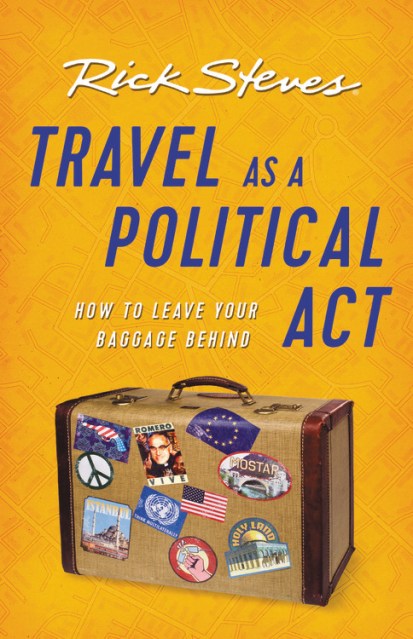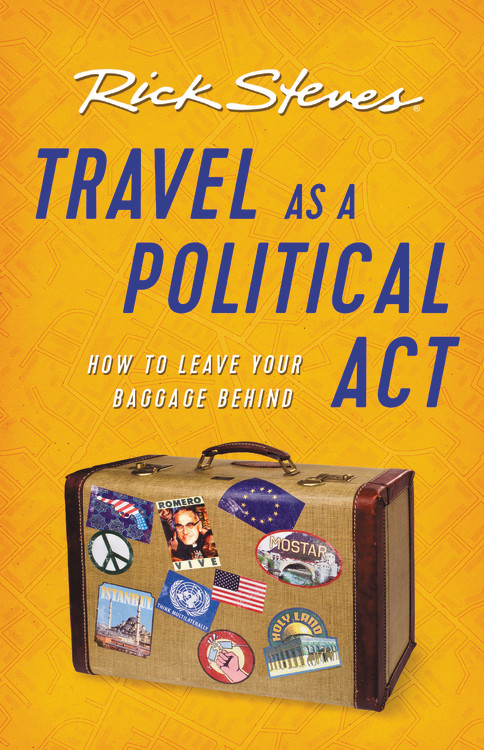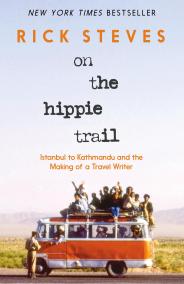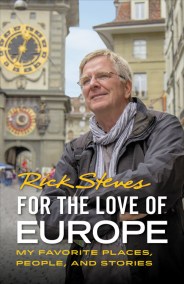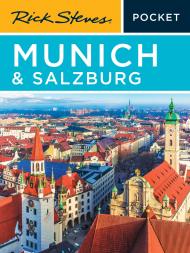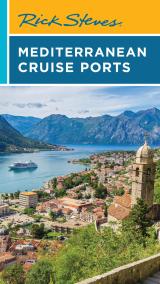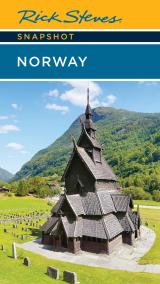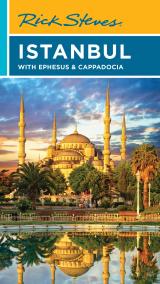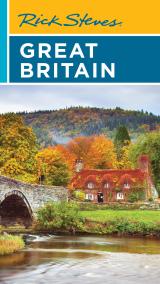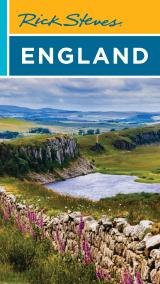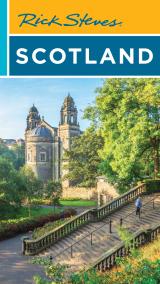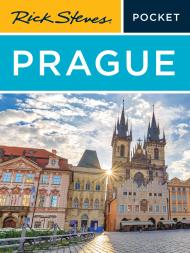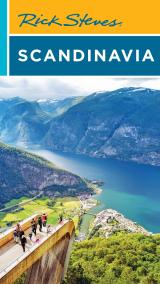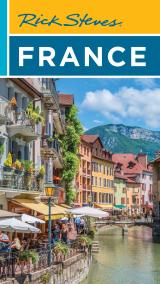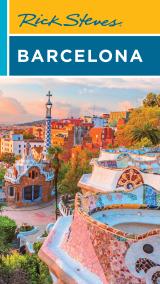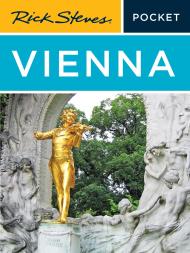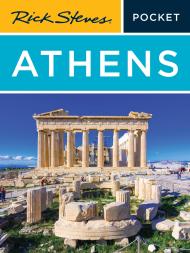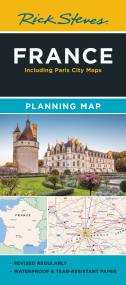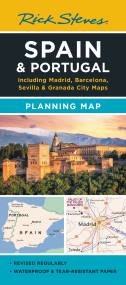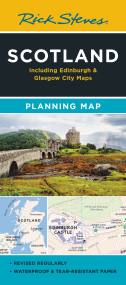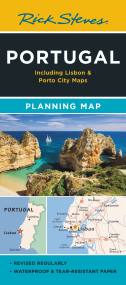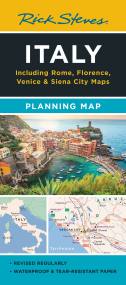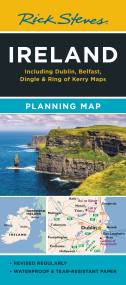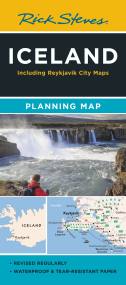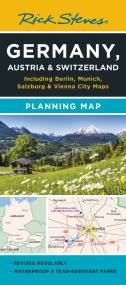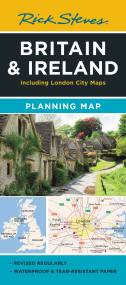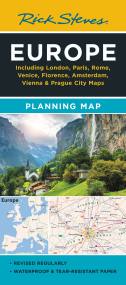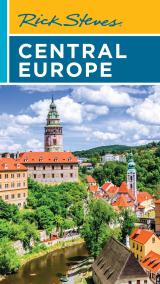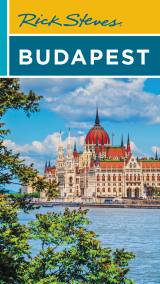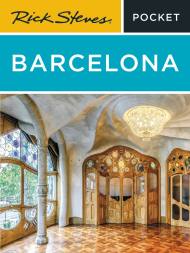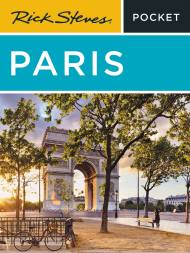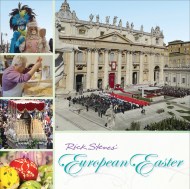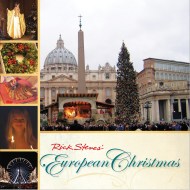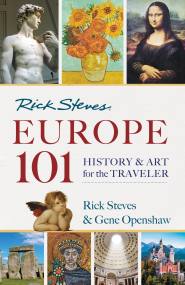By clicking “Accept,” you agree to the use of cookies and similar technologies on your device as set forth in our Cookie Policy and our Privacy Policy. Please note that certain cookies are essential for this website to function properly and do not require user consent to be deployed.
Travel as a Political Act
Contributors
By Rick Steves
Formats and Prices
- On Sale
- Feb 6, 2018
- Page Count
- 304 pages
- Publisher
- Rick Steves
- ISBN-13
- 9781631217630
Price
$21.99Price
$27.99 CADFormat
Format:
- Trade Paperback $21.99 $27.99 CAD
- ebook $13.99 $19.99 CAD
- Audiobook Download (Unabridged)
This item is a preorder. Your payment method will be charged immediately, and the product is expected to ship on or around February 6, 2018. This date is subject to change due to shipping delays beyond our control.
Buy from Other Retailers:
Change the world one trip at a time. In this fully revised collection of stories and lessons from the road, the New York Times-bestselling author and travel writer Rick Steves shares a powerful message that resonates now more than ever.
With the world facing divisive and often frightening events, from climate change, to rising nativism and populism, there’s never been a more important time to travel.
Rick believes the risks of travel are widely exaggerated, and that fear is for people who don’t get out much. After years of living out of a suitcase, he still marvels at how different cultures find different truths to be self-evident, how the people he meets wallop his ethnocentricity, and how we can learn more about our own country by viewing it from afar.
With gripping stories from Europe, Central America, Asia, and the Middle East, including a new chapter based on Rick’s travels in Ethiopia and Guatemala, Travel as a Political Act is an antidote to the current climate of xenophobia. When we travel thoughtfully, we bring back the most beautiful souvenir of all: a broader perspective on the world that we all call home.
With the world facing divisive and often frightening events, from climate change, to rising nativism and populism, there’s never been a more important time to travel.
Rick believes the risks of travel are widely exaggerated, and that fear is for people who don’t get out much. After years of living out of a suitcase, he still marvels at how different cultures find different truths to be self-evident, how the people he meets wallop his ethnocentricity, and how we can learn more about our own country by viewing it from afar.
With gripping stories from Europe, Central America, Asia, and the Middle East, including a new chapter based on Rick’s travels in Ethiopia and Guatemala, Travel as a Political Act is an antidote to the current climate of xenophobia. When we travel thoughtfully, we bring back the most beautiful souvenir of all: a broader perspective on the world that we all call home.
Genre:
Series:
Newsletter Signup
By clicking ‘Sign Up,’ I acknowledge that I have read and agree to Hachette Book Group’s Privacy Policy and Terms of Use
